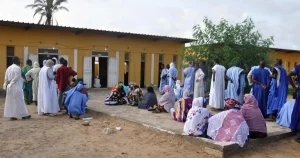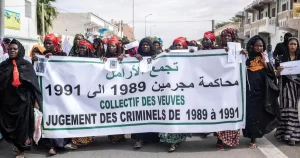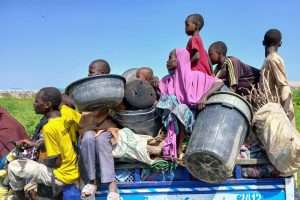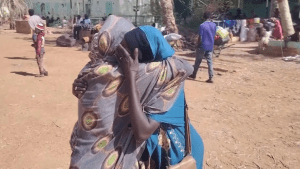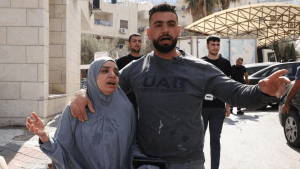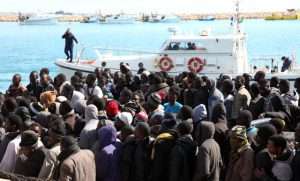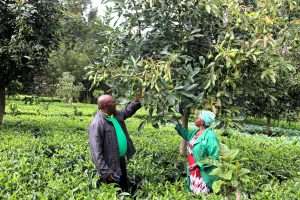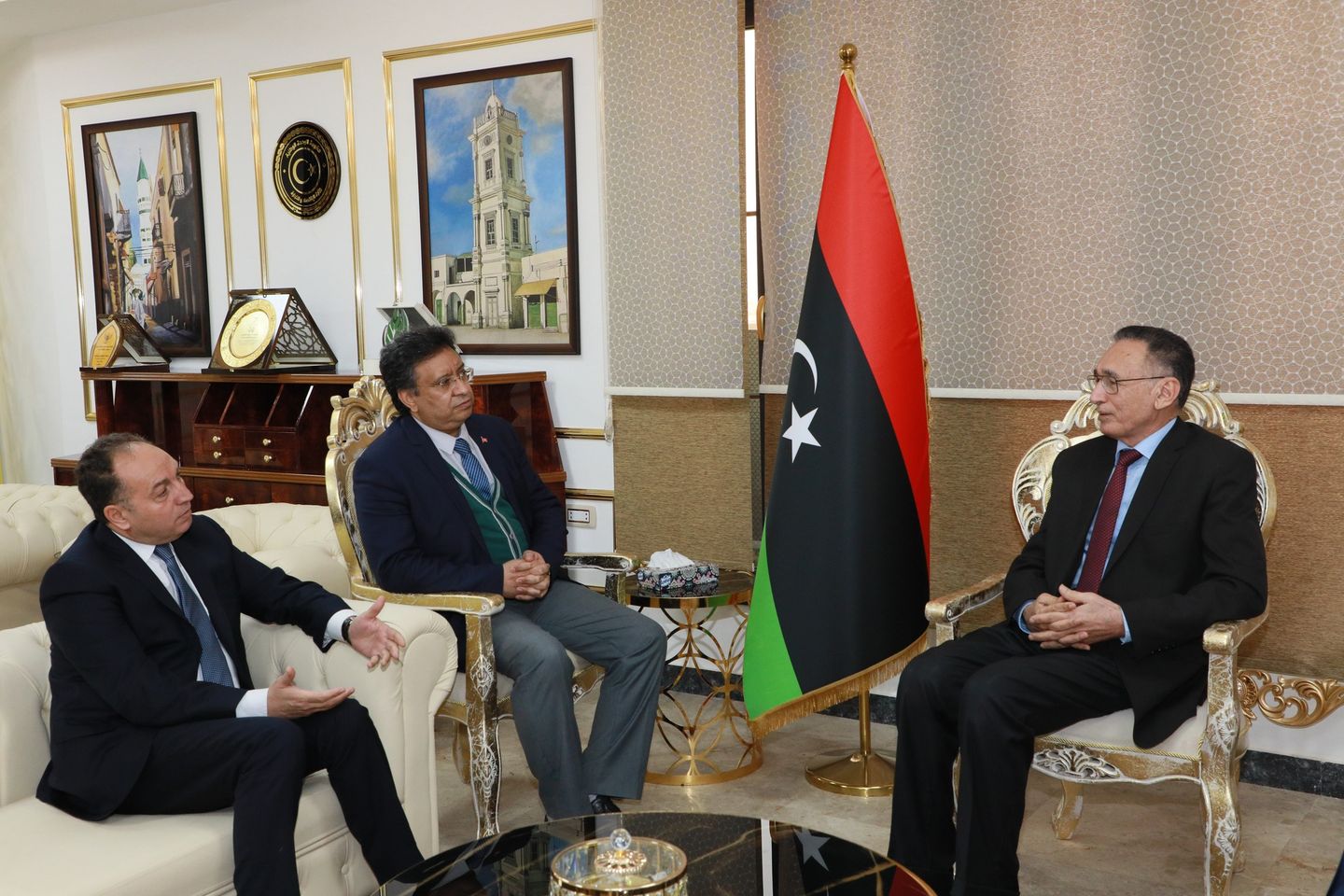Libya arrests 10 in crackdown on human trafficking operations
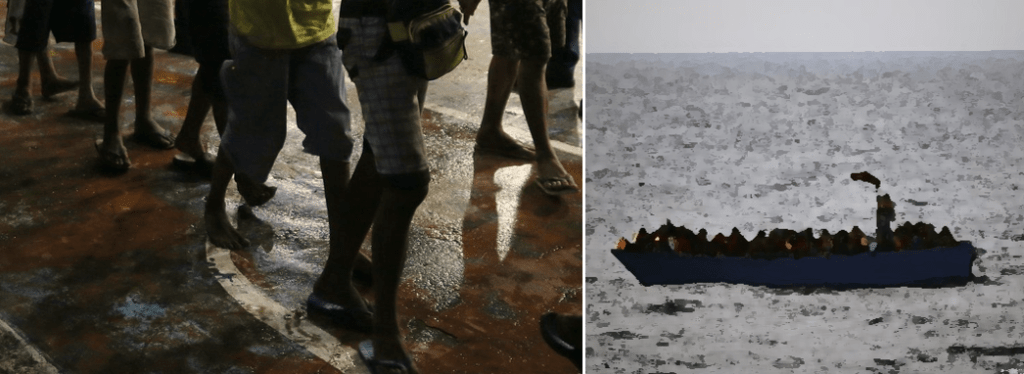
On September 15th, Libya’s Public Prosecutor announced the arrests of 10 suspects involved in human trafficking networks, according to the Libya Review.
Those arrested are suspected of being involved in manufacturing boats used for illegal migration across the Mediterranean.

Investigations prior to the arrests were led by the West Misrata Primary Prosecution and were launched after a report provided intelligence on a criminal group managing a workshop for building boats intended to smuggle migrants.
The Libyan Attorney General’s Office made a statement explaining that the arrests are part of ongoing judicial efforts to combat organized crime, targeting human trafficking networks.
As well as the 10 arrests, security forces seized six fully equipped boats, and found evidence confirming that 12 additional boats had been manufactured by this group. At least seven of them were already sailing north.
Arrest warrants have been issued for three fugitives linked to management of the operation, and the Public Prosecutor confirmed that the arrested suspects have been referred for further investigation.
Human trafficking is a prolific problem across Libya, with victims being subjected to inhuman treatment and often their abusers will extort ransom payments from their families.
Victims of human trafficking in Libya include Libyan citizens, but criminal groups also target refugees and citizens of neighboring and nearby African countries.
On September 4th it was reported that the Nigerians in Diaspora Commission described illegal immigration as a “voluntary suicide mission” highlighting the many Nigerians who cross into Libya only to fall victim to traffickers and forced labour.
The Institute for Security Studies has recently highlighted the actions of the Libya-based criminal group Magafe. They target young Somali refugees in Kenya’s Dadaab refugee camps.
They promise refugees a better life in Europe, but once in Libya, if they survive the journey, victims face violence, slavery, organ trafficking, forced labour and extortion.
Kenya’s efforts to combat this include the Kenyan Refugees Act of 2021 which gives refugees freedom of movement, the right to work and access to financial services.
Libya Review/Maghrebi/The Institute for Security Studies
Want to chase the pulse of North Africa?
Subscribe to receive our FREE weekly PDF magazine





